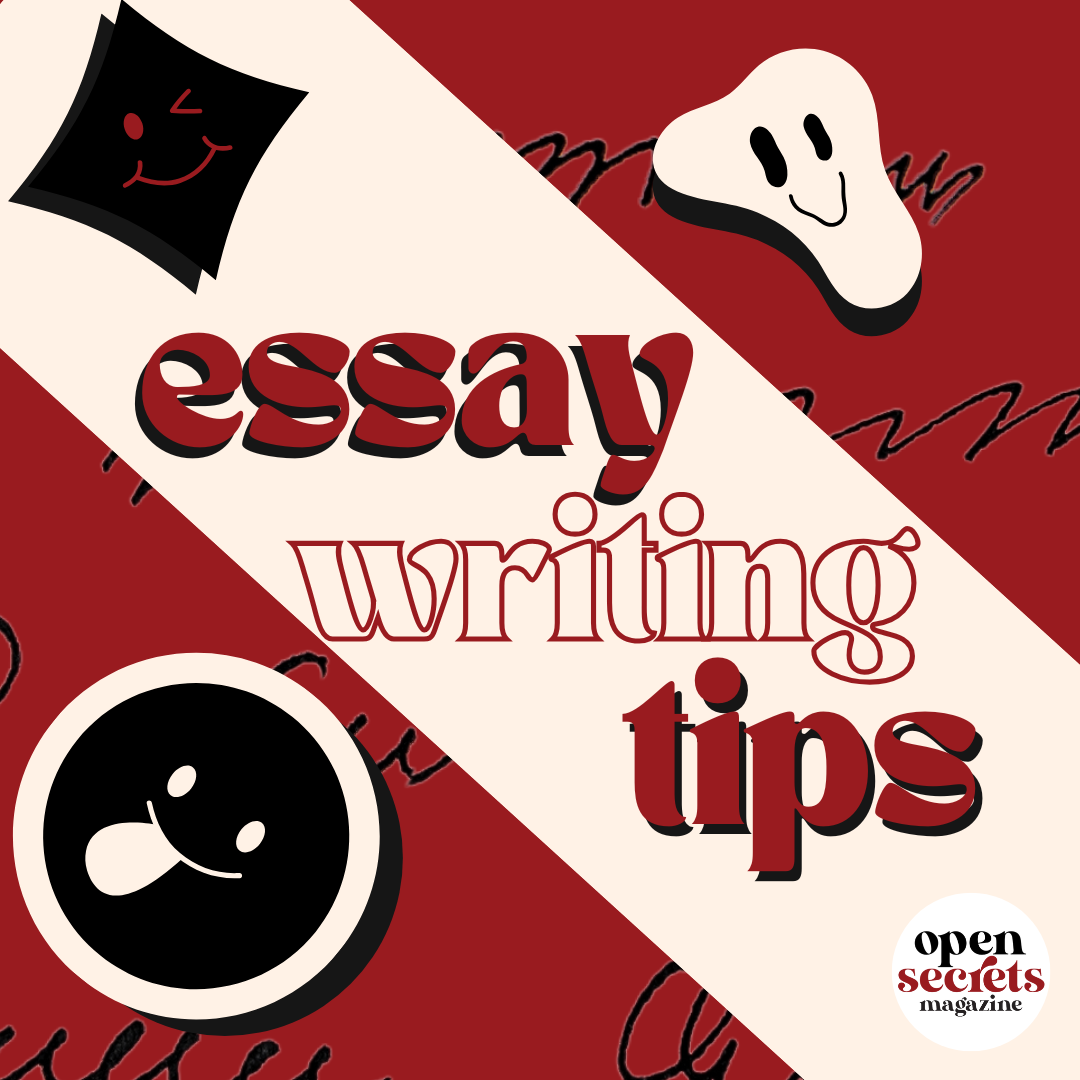How to Find Your Voice as a Writer
The talking heads on your TV all sound alike — but writers shouldn’t
In the 1970s and 1980s, the expectation was that news broadcasters speak in a Mid-Atlantic, or what is sometimes now referred to as a General American, accent. Think: World News Tonight’s Peter Jennings. TV anchors stripped their personality and regional tells from their speaking voices. Sweet Southern darlings lost their drawls. Valley Girls chilled on their vocal fry. And the Boston bred got familiar with enunciating each and every “r.” The supposed reasoning behind the industry standard was that if you sounded like you were from nowhere, you could hypothetically be from anywhere and thus report the news to audiences everywhere. There was also the belief that this “neutral” accent communicated to viewers that you held “upper-class education and erudition.” Sound classist? Many standards of professionalism are.
Sometimes beginner writers seek to abandon—rather than develop—their natural writing voice in pursuit of an elevated style they believe will make them sound smarter and imbue their words with a sense of authority. They come by this desire honestly. So much of what we learn about writing during our early education is the art of imitation, cutting our teeth on the dry, boring prose that populated many of our textbooks and assigned readings. And as we grew older, professional settings often required us to proffer up a blander version of ourselves to progress in the workplace.
Early in my writing career, I often received the criticism that I “write how you speak.” The feedback was dismissive, so I dismissed it in return. I just couldn’t see the fault in who I was coming across loud and clear on the page. I think my commitment to sounding like myself helped me foster a strong, distinct writing voice. An essential skill as a writer.
Just as the painter who wishes to be celebrated for their craft must find their signature stroke, a writer must hone their unique writing voice. You know a Jean-Michel Basquiat, a Faith Ringgold, an Amy Sherald before your eyes even dash down to the corner of the canvas to confirm the name of the artist behind the artwork in front of you. Similarly, I know a Kiese Laymon cadence, a Samantha Irby turn-of-phrase, or a Hanif Abdurraqib pacing without ever once needing to glance up at a byline or back to a book’s title page. And if you’re familiar with these authors, I bet you do too. This is because these writers have writing voices as specific to themselves as a thumbprint. Can you correctly guess which writer wrote which of the paragraphs below?
“When I moved to Kalamazoo from Chicago, I thought for sure that I was going to be happy staying at home and never going outside. And, for the most part, I am. I get to travel and work in fancy cities with mass transit and Ethiopian food, then come back and pay $1.87 for a gallon of gas for the car that I can park anywhere on my sprawling 2,000 acres of land that were practically free. Okay, I’m exaggerating, but my point is FUCK THE CITY.” (Source)
“But my home training, which is actually far more tactile and superb than my religiosity, teaches me that we have to look the humiliation directly in the face, and describe what we see. And question what we feel. How is this nation ‘gifting’ any nation in this world hundreds of millions of dollars in violence or ‘defense’ against poor missile-less people when it owes my grandmama — a poor missile-less American worker, a granddaughter of the enslaved, a survivor of Jim Crow, Ross Barnett, Reagan, Clinton, Bush, and Trump, an architect of impeccable home training — all the healthy choices, all the second chances, and the sincere question of what can we do to repair what we have destroyed?” (Source)
“I don’t remember when it was that I realized that the bald Black men I loved had once had hair, or that they put work into keeping their heads clean. My father and grandfather both had bald heads, and they both had thick, coarse beards that they cared for rigorously. The scent of my father’s beard oil arrived in rooms before he did, and lingered long after he left. He approached his beard care with precision and tenderness—his fingers shuffling through the hair on his chin when he spoke or listened intently, a comb almost always peeking out from his front pocket. Because I came into the world loving men who had no hair on their heads but cared for what hair they did have—bursting from their cheeks, or curved around their upper lips like two beckoning arms—it seemed that this was a kind of sacrifice made in the name of loving well, of having something that a small child could reach up and bury their hands in.” (Source)





